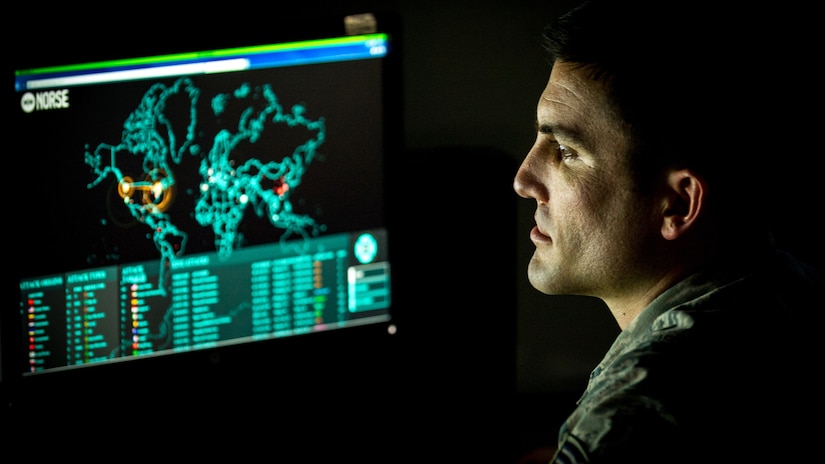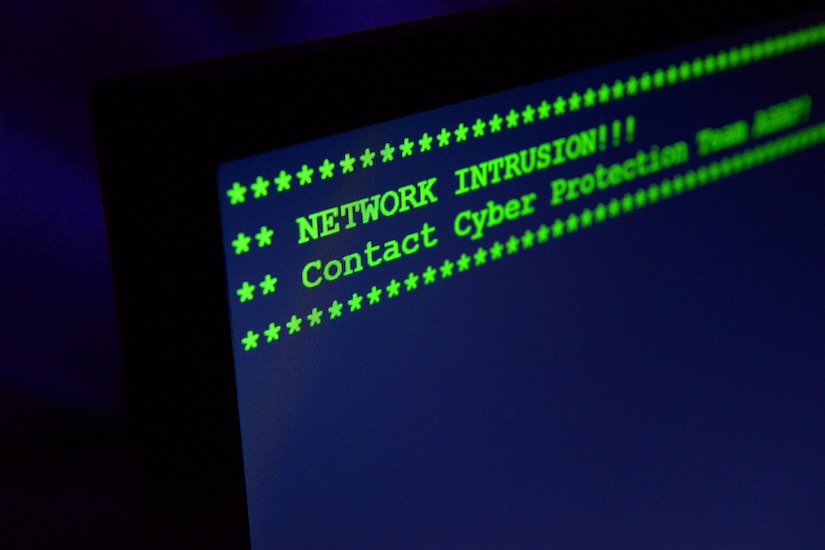Thomas C. Wingfield spoke yesterday via remote video at the Defense One Tech Summit.
There are many reasons DOD is helping other government agencies such as the State and Justice departments and the Department of Homeland Security, he said. For example, theft of intellectual property through hacking isn't just an economic problem, because some intellectual property supports defense capabilities, he noted.

Wingfield also said DOD monitors election interference on an enduring basi, working with the FBI and DHS on this issue. "It's not just an annoyance or nuisance, but can undermine faith in our democratic system, so we view this as actual threats," he said.
Besides supporting a whole-of-government approach to cyberdefense, Wingfield said DOD must support the warfighters who depend on cyber for everything from planes, tanks and command and control.
If an adversary's cyberattack results in significant infrastructure destruction or loss of life, that would justify an appropriate, self-defense response, he added.

Adversaries might allow their autonomous systems to cause destruction that violates the moral conventions of warfare, he said. In the future, as autonomous artificial intelligence systems become more widespread among allies and adversaries, the speed of cyber has the potential to dramatically accelerate activities on the battlespace, he said.
Wingfield advises that if humans are not in the loop in decision-making, artificial intelligence systems would have to go through extensive moral and ethical training about what might occur if life or infrastructure is threatened, noting that humans would need to be held accountable for what the autonomous systems do. "We don't want to turn into war criminals," he said.






No comments:
Post a Comment